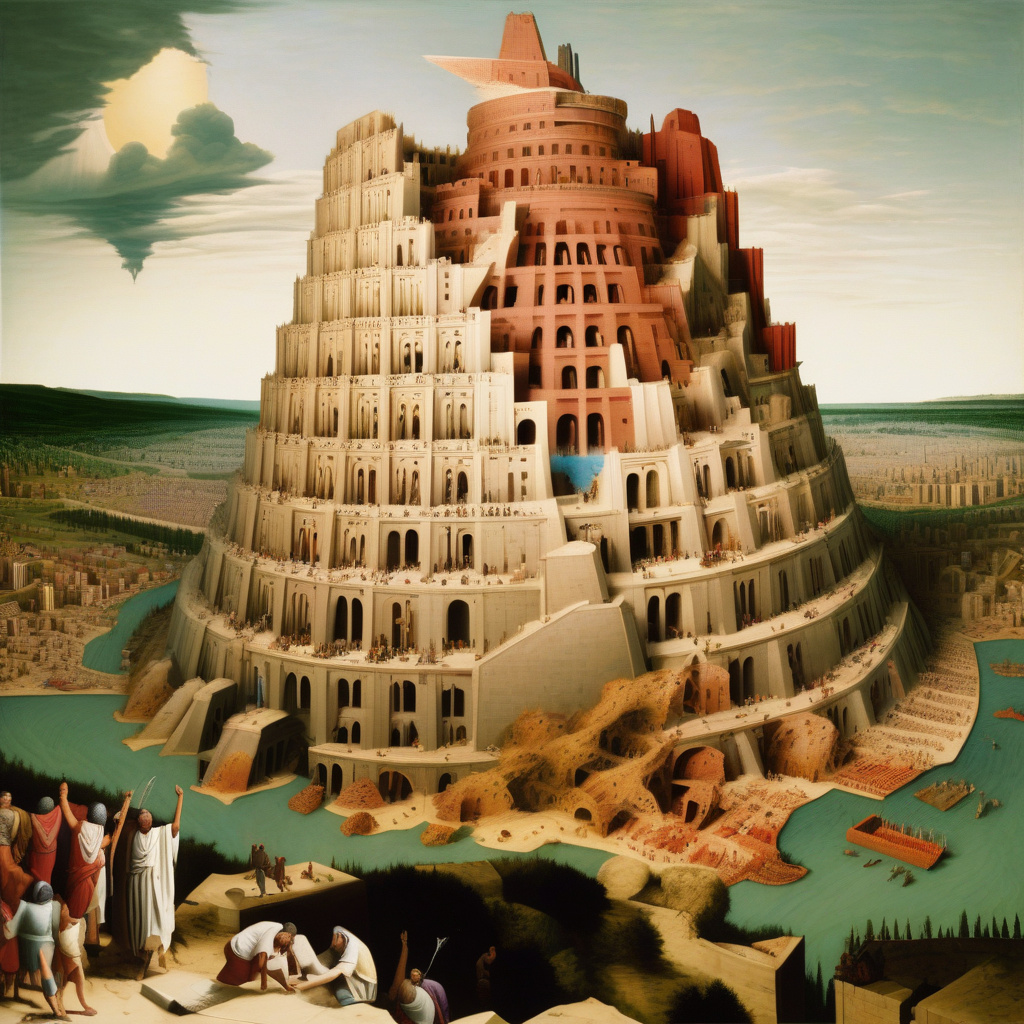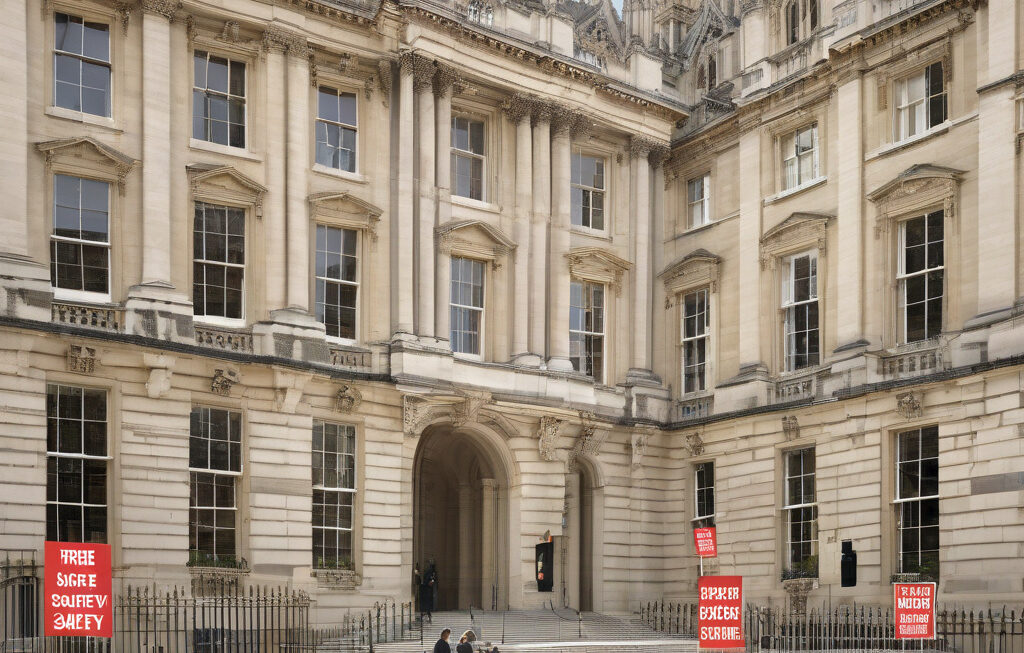Tower of Babel Reimagined: IGF 2025 Experiment Highlights Language Barriers in Internet Governance
In 2025, the Internet Governance Forum (IGF) embarked on a groundbreaking experiment that shook the foundations of traditional internet governance. Instead of relying on the lingua franca of English, global internet policy experts were challenged to govern in their native languages. The results were as eye-opening as they were enlightening, shining a spotlight on the pervasive language barriers that have long hindered truly inclusive global governance.
The Tower of Babel, a biblical tale of humanity’s hubris in attempting to build a tower to reach the heavens, only to be scattered and confused by the sudden diversity of languages, serves as a poignant metaphor for the challenges faced in the IGF’s 2025 experiment. As experts from diverse linguistic backgrounds came together to discuss and shape internet policy, communication barriers quickly emerged. Misunderstandings, misinterpretations, and mistranslations became commonplace, highlighting the critical role that language plays in effective governance.
One of the key findings of the experiment was the unequal playing field created by language barriers. Participants who were not fluent in English, the dominant language of internet governance, found themselves at a distinct disadvantage. Their voices were often drowned out in discussions, their perspectives overlooked or misunderstood. This not only limited the diversity of viewpoints represented in the governance process but also perpetuated existing power imbalances within the global internet governance ecosystem.
Moreover, the experiment underscored the importance of linguistic diversity in shaping more robust and inclusive internet governance frameworks. By allowing experts to communicate in their native languages, the IGF witnessed a richness of perspectives and ideas that had previously been stifled by the constraints of a single dominant language. As participants shared their unique insights and experiences, new solutions to complex governance challenges began to emerge, highlighting the untapped potential of linguistic diversity in driving innovation and progress.
However, the experiment also revealed the practical challenges of multilingual governance. From the complexities of real-time interpretation to the limitations of automated translation tools, navigating a multilingual governance process requires significant investment in resources, infrastructure, and training. Without adequate support and mechanisms in place, the benefits of linguistic diversity risk being overshadowed by communication breakdowns and logistical hurdles.
As the IGF reflects on the lessons learned from the 2025 experiment, it is clear that addressing language barriers in internet governance requires a multifaceted approach. Investing in language training and capacity-building for experts from non-English-speaking backgrounds, expanding the use of multilingual communication tools and platforms, and promoting a culture of linguistic inclusivity are all essential steps towards building a more equitable and effective governance framework.
The Tower of Babel may be a cautionary tale of linguistic discord, but the IGF’s 2025 experiment offers a glimmer of hope for a future where diverse voices can coalesce in harmony to shape the digital world. By embracing linguistic diversity as a source of strength rather than a barrier to overcome, internet governance can truly reflect the global nature of the online ecosystem and ensure that no voice is left unheard.
internet governance, language barriers, linguistic diversity, IGF 2025 experiment, global internet policy experts












